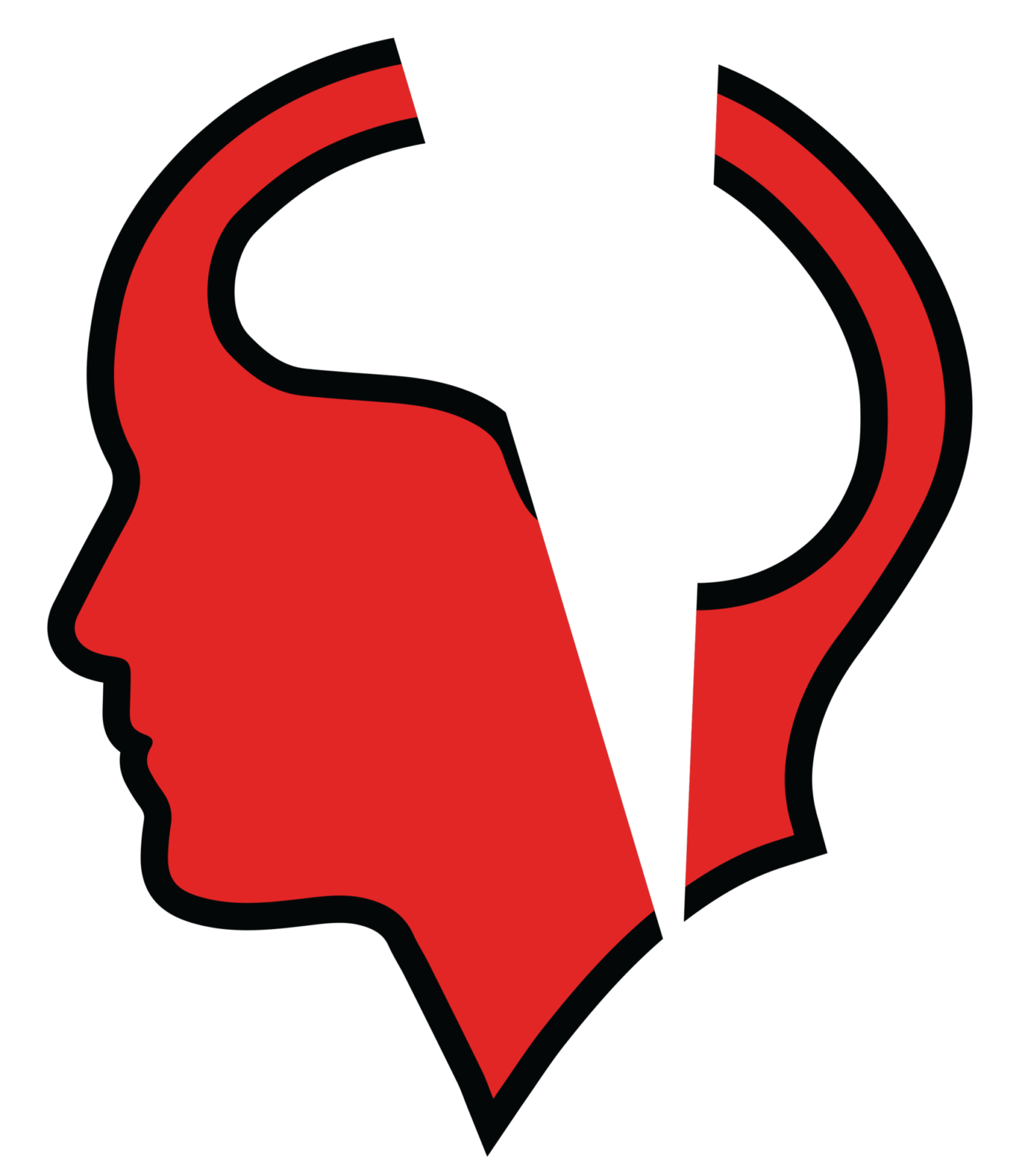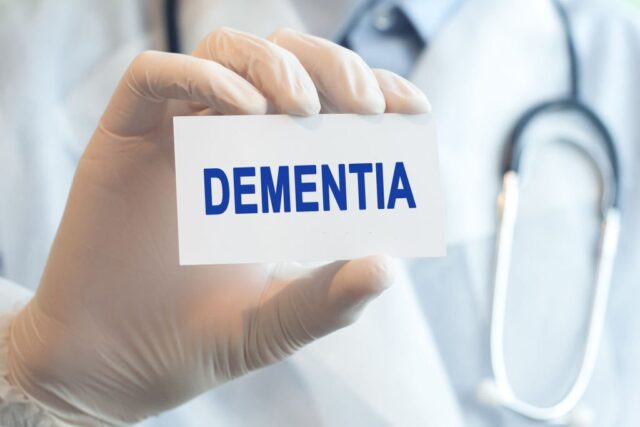According to Dr. John DenBoer, dementia is a rising issue in the United States as the population ages. As per Alzheimer’s Association, over 5 million Americans have dementia, which will increase to 14 million by 2040.
Dementia is a Disease
People believe numerous beliefs about dementia without evidence according to a dementia consultant. The most popular belief is that the disease is not a condition.
Dementia can lead to problems with memory, thinking, and reasoning. It may also trigger changes in personality and behavior. But, not all individuals who have dementia exhibit these symptoms. There isn’t a single reason for the condition, so seeking advice from a physician is vital if you notice changes to your medical condition or behavior.
Dementia is a Process
There is a myriad of myths regarding dementia that people believe, Dr. John DenBoer said. One of the most popular is that dementia is a condition that someone experiences and will eventually affect their life. However, this isn’t the case. The condition known as dementia is a group of symptoms that hinder the ability of a person to function.
Dementia can result from numerous factors, such as disorders like Alzheimer’s, Parkinson’s, and other stroke-related diseases. Accidents, injuries, or even accidents may trigger it. Alzheimer’s is the most frequent reason for dementia across the United States. But, even if you do not suffer from a disease or disorder that triggers dementia, you might be experiencing some signs.
A few of the symptoms of dementia are difficulty in remembering things, problems with language, and issues with mobility. However, not all who suffer from these symptoms will be diagnosed with dementia. It is, therefore, essential to consult your physician when you notice some of the signs that aren’t usual for you.
Dementia is Limited to People Over Years Old
People believe many misconceptions about dementia without any proof. A few of the more popular misconceptions about dementia is that it is only affecting people who are over.
Dr. John DenBoer says dementia can be a problem for anyone of any age. It is a brain disorder that affects cognition, memory, and communication abilities. People with dementia may have difficulties understanding spoken language or performing basic tasks, such as dressing themselves. They might also experience trouble controlling their movements and activities.
Alzheimer’s Disease is the Most Common Type of Dementia
Alzheimer’s disease is the most frequent form of dementia. However, there are different types of dementia.
Alzheimer’s disease is the most prevalent type of dementia, but it’s not the only one. There are different types of dementia, such as mixed dementia and vascular dementia.
It is caused due to damage or inflammation of blood vessels that supply the brain. There is no single treatment for every type of dementia, but there are treatments that can improve the symptoms. Alzheimer’s disease can be slowed or halted when it is detected at an early stage. If not treated, it can eventually cause death.
People with dementia aren’t immune to infections.
A popular misconception regarding dementia is that people suffering from the disease are invulnerable to infection. The elderly are generally more susceptible to infection than people who do not suffer from the disease.
According to Dr. John DenBoer, one of the reasons is that those with dementia might have trouble understanding the threat of infection and could be more reluctant to get medical assistance when infected. In addition, those with dementia might not be as attentive as they are to their surroundings and could be in a position not to protect themselves against infections.
Alzheimer’s patients should consult their physician if they have fever symptoms or an infection. Suppose someone with dementia suffers from a medical condition causing them to suffer. In that case, it is essential to treat the disease promptly so that it doesn’t develop into pneumonia or another grave health issue.
People With Dementia Need Assistance All the Time
There are numerous beliefs about dementia that people believe without any proof. Here are a few of the most popular myths concerning dementia according to a dementia consultant:
- Alzheimer’s patients need help throughout the day.
However, this is not the case. The elderly may require assistance in some situations but do not need help for all jobs. Many with dementia manage their lives well.
- Dementia patients can’t live in a home or take assistance themselves.
However, this is not the case. People with dementia can reside independently and care for themselves well, provided they receive enough support from their family or other loved ones.
- The Disease of dementia will eventually cause a person to lose their memory and the ability to function independently.
Although Alzheimer’s Disease can cause memory loss and diminished ability to function independently, this isn’t always the scenario. There are various kinds of dementia, and everyone experiences it differently. People with early-onset Alzheimer’s can live in their own homes and take care of themselves with ease. On the other hand, some people may suffer from more severe cognitive decline and difficulty achieving independence.
Conclusion
It’s normal to be afraid of dementia, especially when someone you know suffers from the disease, according to Dr . John DenBoer. But, it’s crucial to dispel some of the myths associated with dementia and to understand the symptoms that people who suffer from the disease experience. When you are aware, it is possible to make more informed decisions on supporting the best family members with dementia.

